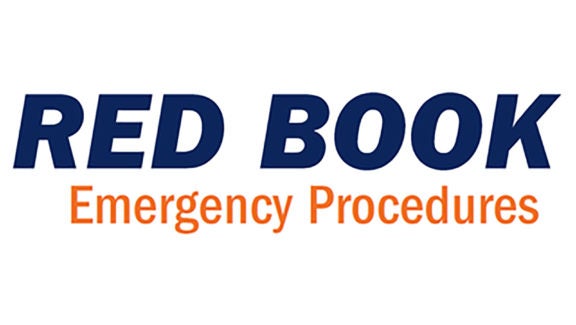
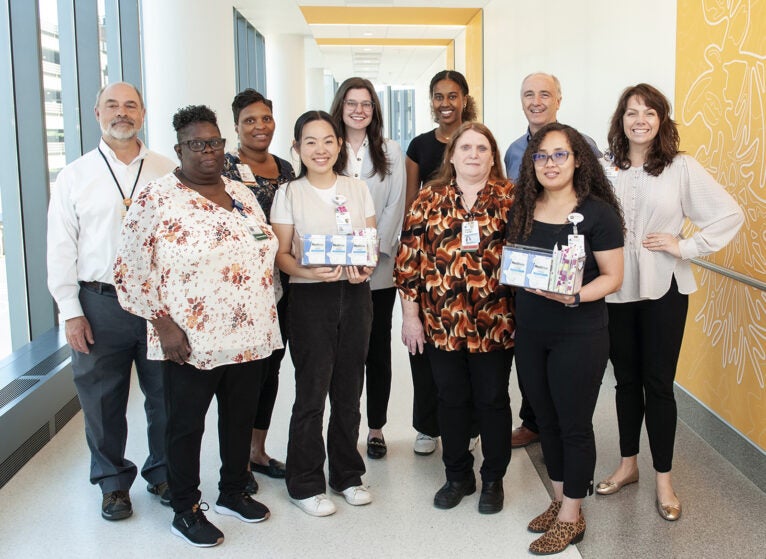
(l-r) Back row: Kevin Fox, JoAnne Watson, Carrie Kovacik, Sama Mohamud, Tony Caswell, and Hannah Fitzhugh. Front row: Etta Carson, Amy Truong, Donna Franklin, Sher Khatofi.
Spark Project Ignites Change by Making Free Menstrual Products Accessible to Staff and Visitors
Period Poverty Awareness
Period poverty is the lack of access to menstrual products and inadequate education on menstruation. The National Alliance for Period Supplies reports that two in five American women struggle to purchase period products due to lack of income. The effects of period poverty include physical and mental health as well as a loss of productivity at work or school.
In Pharmacy school at Purdue University, Carrie Kovacik, PharmD, MSHA, watched from afar as the university began offering free period products. She was impressed, and she took notes.
Kovacik, recent graduate of the UVA Residency Program and now serving in her job as UVA Health’s Ambulatory Pharmacy Supply Chain Manager, launched her own free period project at UVA Health with the lessons she learned from Purdue.
“When the Spark competition was announced, and they started requesting ideas, this felt like a no-brainer to me,” she says. “I knew this was possible because I had seen it happen at Purdue.”
Out of nearly 300 ideas submitted to the Spark Innovation Competition, Kovacik’s Free Period Project was selected as one of the six finalists to be funded and implemented.
More Than 57,000 Free Products Distributed
Over the last year, the project team stocked products in 20 bathrooms around the University Medical Center and surrounding clinics. The bathroom locations were selected based on high volume traffic areas and with an aim to spread out the access to improve availability for staff and visitors. As of February 2024, more than 57,000 products have been distributed.
“They’re not the big, silver, coin-operated machines that you may be familiar with,” says Kovacik. “It’s more of an open basket, so individuals can take items freely.”
The Environmental Services team was critical to the roll out by developing a process to restock the bathrooms nightly to ensure reliable access to users. Carol Gough, Environmental Services (EVS) Dispatcher, is the team member responsible for restocking supplies.
Taking Good Care of People Here
While Carol was restocking the bathroom in the Emergency Department one evening, a visitor said she was surprised to see free tampons and pads available, saying, “They are really taking good care of people here.”
For Kovacik, the goal of the project is much bigger than just free tampons and pads.
“The goal of this project for me has been to create a sense of belonging and a sense of security for our team members and visitors,” she says. “The last thing that women should be worried about is whether they have a period product on hand when they unexpectedly start their period. We’re trying to eliminate the anxiety that comes with that and let people know that no matter what time of day or where they are, they’re never far from a product that is free and available to them.”
Kovacik has been working with a whole team from all parts of the organization to make sure the project is a success:
- Tony Caswell, Kathy Smith, Carol Gough, Etta Carson, Donna Franklin, Sher Khatofi, JoAnne Watson from the EVS team;
- Kevin Fox and the Facilities Management team;
- Hannah Fitzhugh, UVA Health Special Initiatives Lead, Spark Program;
- Sama Mohamud, Amy Truong, and Lily Lei, Spark Project Interns; and
- Representatives from Patient Experience, Language Services, and Marketing and Communications.
Future Plans and Sustainability
Worldwide, over 500 million people live in period poverty. According to the National Organization of Women, the average woman will spend approximately $18,000 in her lifetime on period-related items, including $2,200 on one-time use period products. The estimated cost of menstrual cups over a lifetime is approximately $180. Lawmakers are fighting to end period poverty with the Menstrual Equity Law. Reusable products, such as menstrual cups, are an affordable alternative to one-time use products, which is helping end period poverty in the United States.
“In Charlottesville, over half of our population is female, and a quarter of the population lives below the poverty line,” Kovacik says. “With the hospital and the University being here, there’s so much opportunity for us to have these conversations, continue to spread awareness, and improve access to these products for our community. This project is just one small step towards something that will be much bigger.”
The project team is planning to host an event for UVA Health team members to pick up a free June Cup, to align with sustainability offerings and help empower women to become less dependent on one-time use products. Keep an eye out for the upcoming event!
Learn more about the Spark Innovation Competition and stay tuned to Connect for more stories about the 2024 Spark winners.
Latest News

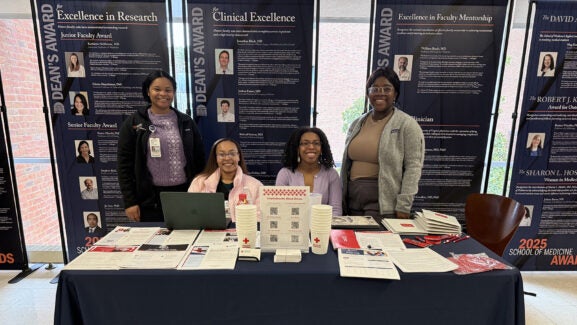

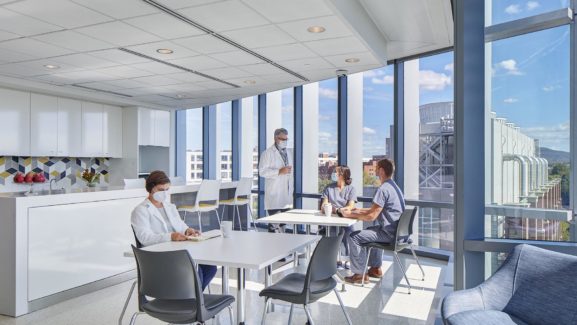
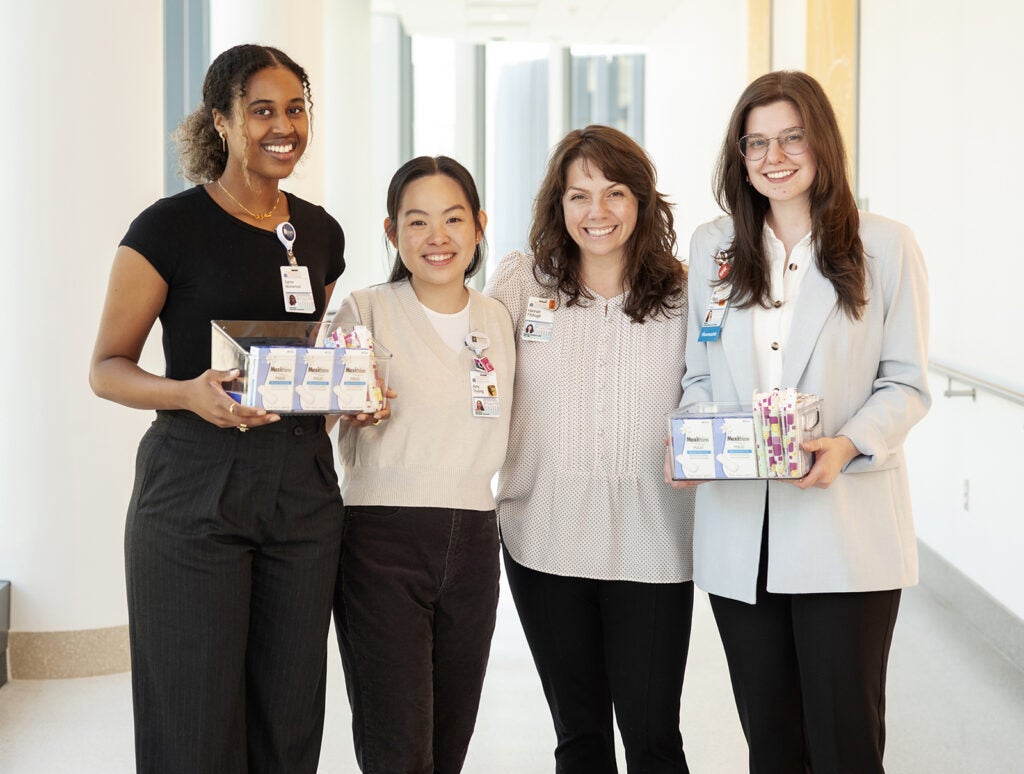
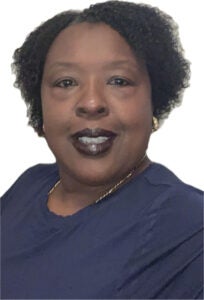
What an amazing and compassionate initiative! Thank you.
I absolutely love this!! Carol is my aunt and such a great person, so this is no surprise but still so amazing of not just her but all of them! We (as women) thank you all very much!!!